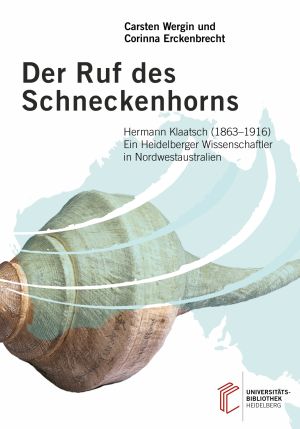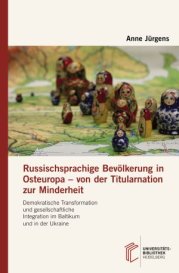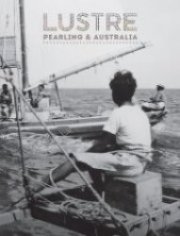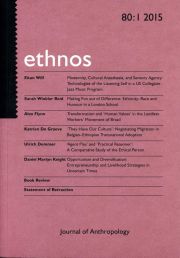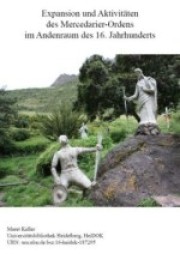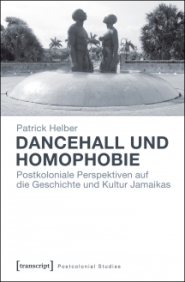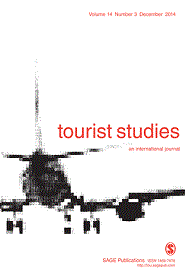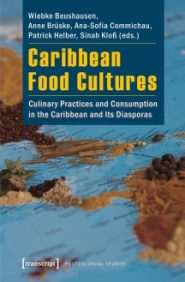Film Stars as Embodiments of Gender, Nation and Race, 1918-1939
Pablo Dominguez
The dissertation analyzes popular film stars of the Weimar Republic and the Third Reich as embodiments of gender, nation and race. As analyses of Hollywood stars have shown, film stars’ images and bodies are not only constructed and consumed as ideal representations of their respective genders. Both in their films and in the abundant fan literature, stars’ bodies are also frequently categorized and contrasted with each other in national and racial terms. As the dissertation will argue, in a culture increasingly obsessed with visual culture and the mass media, these bodies as extremely widespread cultural icons fulfilled an important pedagogical function: It is through the construction and consumption of stars’ bodies that audiences learned and negotiated not only what it meant to be a real man or a woman, but also a real German or no German at all; what a White or Nordic body was as opposed to a Black, Jewish, or Asian body; and how all of these complex categories could contradict or reinforce, could be at odds or highly consistent with each other.
The dissertation will focus on four different stars: Henny Porten, Hans Albers, Anna May Wong and Conrad Veidt. Thereby, it will analyze two exceptionally white and German stars and at the same time focus on two stars that were popular precisely because of their alleged exoticism and their otherness.
The constructions of these stars’ gendered, nationalized and racialized bodies will be contextualized within a variety of discursive fields: the widespread contemporary anxieties and discussions around the human body will play an equally important role as changing notions of femininity and masculinity and the obsessive fascination of German society and culture with racial and national difference. The project’s aim is to reconstruct how popular culture continuously attempted to produce stable forms of identities in a time when gender, nation and race were becoming increasingly unclear and unstable categories.
Personal Details:
Pablo Dominguez
Universität Heidelberg.
Transcultural Studies
Marstallstraße 6
69117 Heidelberg
Phone: 06221 54-7856
Fax: 06221/5478-62
pdominguez@t-online.de
CV
Employment
October 2008- October 2011
Research Associate in the Junior Research Group “Nationalism and Gender in the United States, Japan and Germany 1900-1945” , Transcultural Studies Program, University of Heidelberg.
May 2008 – October 2008:
Research Assistant, Department of History, University of Cologne
Education
October 2008 – present:
Graduate Student, University of Heidelberg
May 2008:
M.A., University of Cologne: U.S. History, Medieval and Modern History, Philosophy;
M.A. Thesis: “Gender and Race in Hollywood Beach Party-Films of the Early 1960s”
Publications
Book Reviews
Nagl, Tobias: Die unheimliche Maschine. Rasse und Repräsentation im Weimarer Kino. München 2009, in: H-Soz-u-Kult, 26.11.2010, <http://hsozkult.geschichte.hu-berlin.de/rezensionen/2010-4-147>.
Presentations
"'Normal American Kids'. Youthful Bodies, Gender and Race in Early 1960s Hollywood Surf Films", paper presented at the conference "'Forever Young'? The Changing Images of America'", Biennial Conference of the European Association for American Studies, Trinity College, Dublin 03/2010
"'Im Daseinskampf ist Schönheit Trumpf!' Starkörper der Weimarer Republik zwischen Nation, Geschlecht und Rasse", paper presented at the conference "Das Sichtbare und das Verborgene - Diskurse über 'Rasse' und Sexualität in der Moderne", University of Göttingen 02/2010.
"'Paradise, Hawaiian Style': Fantasies of Hawaii in Postwar America", paper presented at the conference "Oceans, Islands, Continents", 124th Annual Meeting of the American Historical Association, San Diego CA, 01/2010
Research Interests
Cultural History of Germany and the United States
Gender History
History of Race and Racism
Film History



